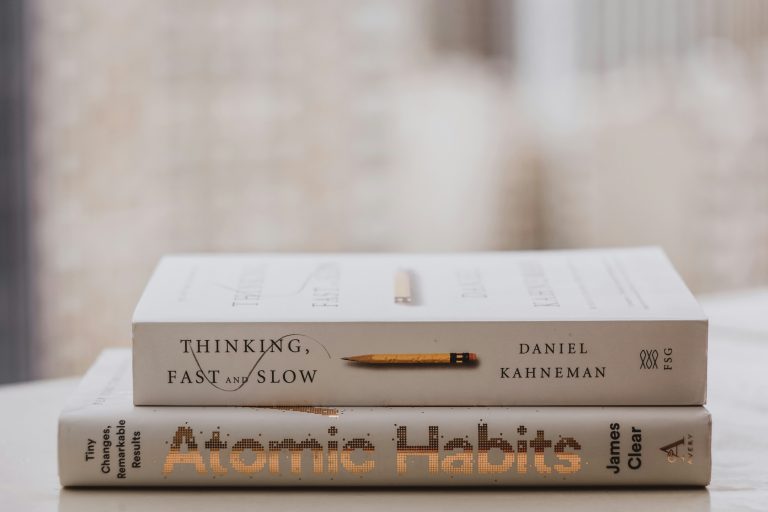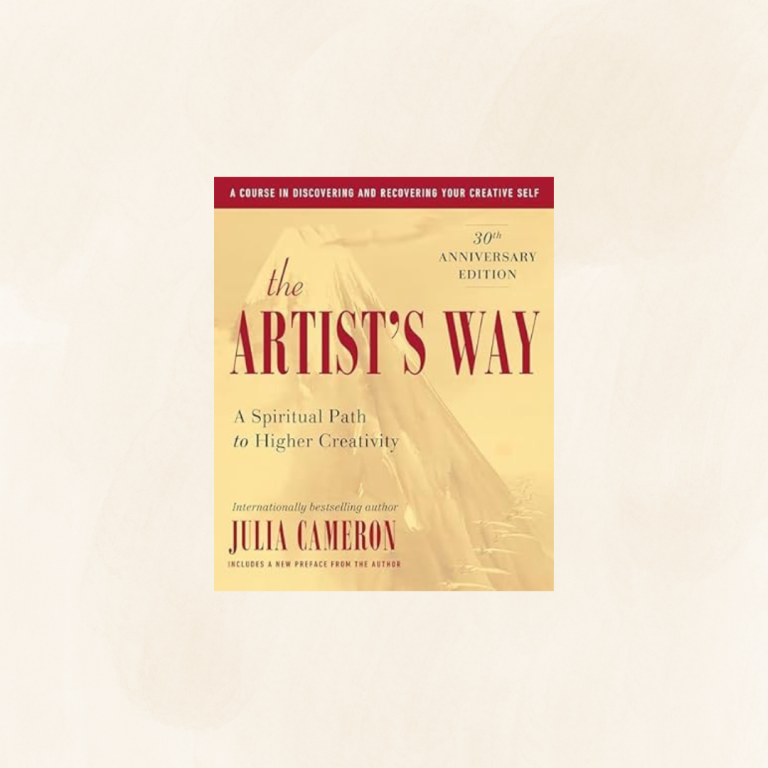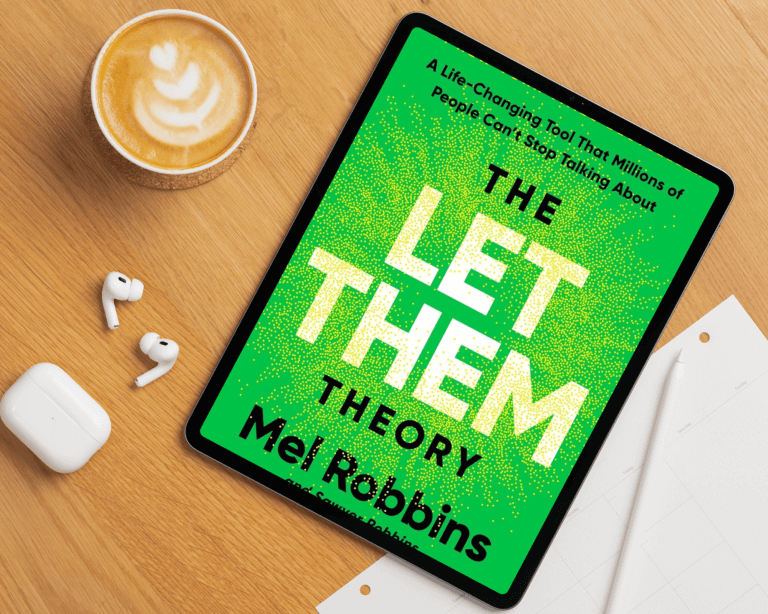The 7 Habits of Highly Effective People: Begin with the end in mind
The phrase “begin with the end in mind” is taken from the book The 7 Habits of Highly Effective People by Stephen Covey, and this book inspired this post.
I read this book slowly over the course of several months. It is not an easy read, and I liked reading just a few pages every day. Some chapters from this book remained with me long after I read it.
And in this post I will share one of the most important ideas from this book, and that is to begin with the end in mind.
In the past, I thought a lot about setting goals, but a puzzle was always missing. How do you correctly value your goals? How do you know which ones are right?
I often find myself setting unimportant goals and then realizing that achieving them did not really matter that much.
This book answered that and many other questions about goal setting, so I am going to share some of these tips with you.
About the book 7 Habits of Highly Effective People by Stephen Covey
The 7 Habits of Highly Effective People by Stephen R. Covey is a self-improvement book.
It is written based on Covey’s belief that our perceptions of the world are entirely based on our own experiences.
In order to change a given situation, we must change ourselves, and in order to change ourselves, we must be able to change our perceptions.

In this post, I am talking about Habit 2.
What does the phrase “Begin with the end in mind” mean?
The phraseBegin with the End in Mind means to begin each day, task, or project with a clarity of vision regarding your desired direction and destination.
Once you know where you want to end up, you can consider the actions you need to take or the goals you need to achieve to reach your chosen destination.
The author asks us first to visualize our funeral. What would you like people to say about you? Your kids, your husband/wife, your coworkers?
What character would you like them to have seen in you?
When faced with your own death, you suddenly realize what is important to you. What kind of values you want to represent, what you want others to see in you.
You can then make certain that whatever you do on any given day does not violate the criteria you have defined as extremely important.
Why is having an end in mind important for goal setting?
It is incredibly easy to get caught up in the business of everyday life. Following other people on social media and seeing them achieve and pursue their dreams can also make you confused.
Now you are trying to emulate their goals and their lifestyle. But is that something YOU really want?
People often find themselves achieving empty victories at the expense of things that matter most.
Few people would say at their deathbed that they regret not having a bigger home or a more expensive car, but many regret the time they did not spend with their kids or parents.
We lose track of the most important things in life, as we are surrounded by materialism and consumption everywhere we go.
So the first task is to find your definition of success. Perhaps money, titles, and cars do not really matter to you.
What are the values and principles you believe in?
When you “begin with the end in mind,” you’re essentially mapping out where you want to go and how to get there.
This habit is about identifying where we want to go and who we want to be. It means defining the personal, moral, and ethical guidelines that represent the life we want to live.
Why you should write a personal mission statement
The concept of “Beginning with the End in Mind” involves picturing your ultimate goals and aspirations. It’s about defining what success looks like for you and making decisions that align with that vision.
There are a couple of questions you need to answer:
- What do I want to achieve in my personal and professional life?
- How do I want to be remembered?
- What legacy do I want to leave behind?
You should just sit down with a journal in your hand and answer the questions above.
This journaling process helped me visualize the life and the future I want to have, and then it is easier to let the vision guide my daily decisions and behavior.
I wrote a mission statement that included various aspects of my life. I wrote about what kind of parent I want to be, wife, sister, and friend.
For instance, you may want to say that you want to be a good parent, that you want your kids to remember how much you loved and supported them.
That you prepared them for life, made them independent, and that you created a lot of happy memories for them.
Now, when you put that down in your statement, that means that your parenting decisions will be influenced by your ultimate goal.
You want to make your kids independent, loved, and supported.
Covey calls this a personal statement, but ultimately, it is just a clear vision of your future in various aspects of your life related to family, friends, and work.
We tend to focus on career and financial goals, but it’s equally important to set clear objectives for our personal lives. I often find that my personal goals are much more important to me than my business goals.
Revisit your personal mission statement and goals
Your goals will change as you yourself get older. You may find some goals no longer valid, and that they no longer align with your values.
Revisit your personal statement both to remind yourself of what truly matters to you and to update it when necessary.
When I was young, I had many goals related to material things and travel. As I grew older, I realized what was really important to me. I no longer cared about the latest fashion items or a pretty home; I started to care much more about maintaining friendships or a healthy marriage.
Final Thoughts
Beginning with the end in mind is a transformative habit that can lead to significant personal and professional success.
By envisioning your desired outcomes and setting clear goals, you create a roadmap for your life.
I highly recommend reading this book as it gave me much useful advice about values, about truly listening to others, about living a balanced life (I wrote about this in another post).
It is not an easy read by any means, but if you stick with it, it will be one of the best books you have ever read.

Related posts
Building Habits: Key Lessons from Atomic Habits by James Clear






